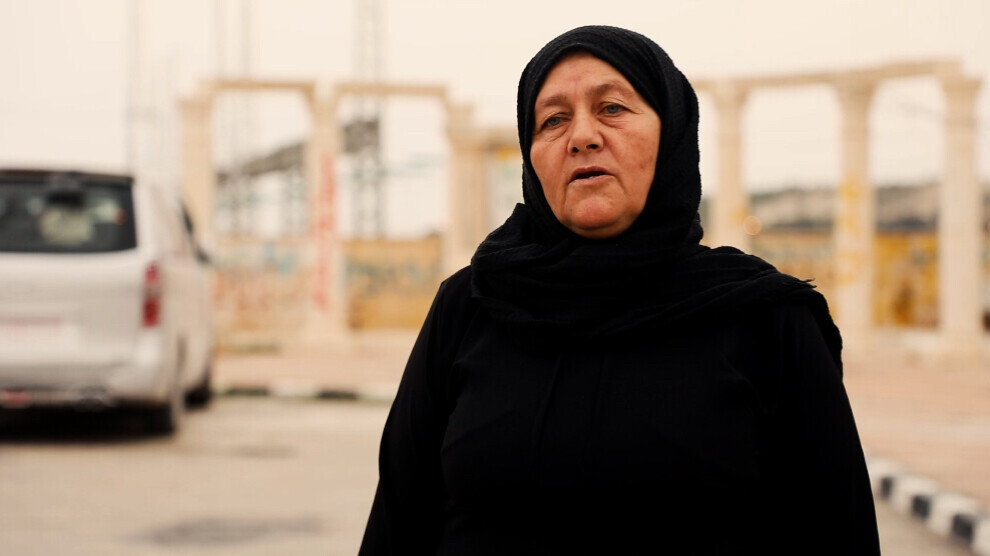The honorable resistance of mothers at the Tishrin Dam
The popular resistance that has been ongoing for nearly four months at the Tishrin Dam in North-East Syria is not merely a military defense; it has also turned into a social mobilization.
The popular resistance that has been ongoing for nearly four months at the Tishrin Dam in North-East Syria is not merely a military defense; it has also turned into a social mobilization.

Since 8 January, civilians from North-East Syria have been holding a vigil at the Tishrin Dam to protect their territory alongside the Syrian Democratic Forces (SDF) and Women's Defense Units (YPJ), who have been confronting attacks by the Turkish army and allied mercenaries called the Syrian National Army (SNA) ongoing since 2024.
Every day, people from different walks of life go to the dam to provide moral support and defend it. Women and mothers are at the heart of the popular resistance. The vigil was taken over by people from Raqqa, Tabqa and Deir ez-Zor today.
One of the symbolic figures of the resistance is 55-year-old mother Hacer. As a mother of two martyrs, she is now at the forefront of the resistance. Having visited the Tishrin Dam and participated in the popular vigil twice, Hacer emphasized that this fight is not only a military struggle, but also a stance for the existence of peoples.
‘This dam belongs to all peoples’
Mother Hacer stated that the Tishrin Dam is vital for the Syrian population, including the Kurdish, Arab, Circassian, and Turkmen peoples, saying, “This dam does not belong to one person or one family. It is the dam of the peoples of the Middle East. They get their water and electricity from here. We will protect this dam and our gains.”
Seeing herself as part of the people and the fighters, Hacer described the resistance for the dam as a symbol of the brotherhood of peoples and revolutionary determination. “We didn't attack anyone, but every day they try to drive us from our homes. Enough of the massacres, looting, and oppression!” she said.
Saluting the resistance of the YPJ and SDF, Hacer said, “Today we are millions. This people have the YPJ and SDF. We will be by their side every moment for our children.”
Remarking that they were enlightened by the ideas of Leader Öcalan, Hacer concluded, “States are not stopping the wars, but we say that we will not be finished by being killed. We are here, and we will continue to exist.”